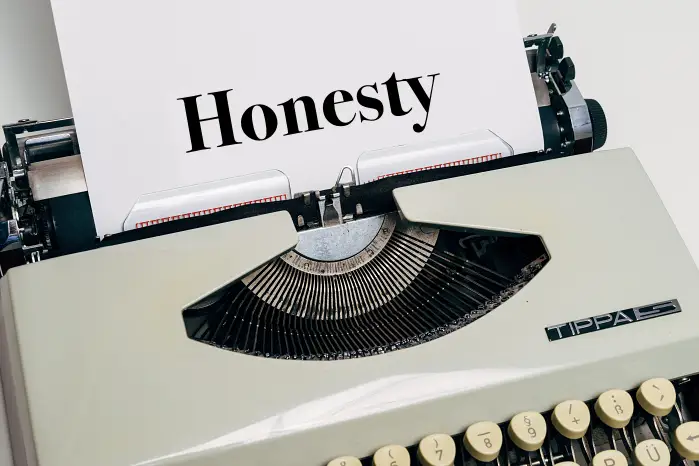Sometimes the price tag for “making it” as a writer isn’t even close to worth it.

From about age sixteen, I wanted to be a writer; although, not so much to actually have to write. In fact, I flunked H.S. freshman English with all its chattering about punctuation, spelling, gerunds, and dangling participles. I even had to attend summer school where I managed a C-.
Yep, not so much to write as to “have written.”
But by the time I was in my early 20s, I knew I wanted to be a poet and a writer. I wanted to get famous, make a lot of money, and have gorgeous women line up to touch the hems of my garments.
Skip ahead to a little over 30 years later.
No, I mean it, seriously, you can really skip those decades during which I earned my livelihood in a variety of jobs, most of which I would eventually be fired from, and I plunked away at writing, mostly poetry where the proper use of punctuation, spelling, gerunds and dangling stuff didn’t matter so much.
As for my writing dreams, things hadn’t gone quite like I’d planned as I approached my 50s, and a lot of pretty bad things happened to me, many of which I’d brought on myself. While surviving these things (sometimes just barely surviving), I was getting material unique and horrifying about which to write. I didn’t see it that way while living through it, but looking back now, it’s clear and obvious.
The biggest of these disasters was the birth of my son Sheehan, who rapidly displayed his profound disabilities, devastating to him and our family. Sheehan wasn’t just “developmentally delayed.” There wasn’t any “delay” involved, as in “Your flight is delayed.”
Sheehan’s plane was NEVER going to land.
His tragedy proved the vehicle for my success as a writer providing the foundation for Stuck In Neutral, which is not to say there was a silver lining but simply that terrible circumstances provide powerful lessons as Chris Crutcher describes in the preface for Sheehan:
I was angry the first time I read SHEEHAN; angry that Terry Trueman had to experience what he did to gain the knowledge to write it, and angry that his narrator didn’t have that comic book kind of courage to suck it up and accept what is. Sheehan deserved better from his dad. He was an innocent of the first order.
But then I remembered what planet I live on, to which species I belong.
If I have learned anything in my twenty years as a therapist working with families involved in every kind of abuse and neglect, or in my ten years before that working with kids that the education system had pitched out, it is that the first move in any act of heroism is to tell the truth. When human beings can stand up and tell the truth about themselves, no matter how awful that truth may be, they are taking a first step towards change.
Terry Trueman’s narrator doesn’t put a gentle spin on Sheehan’s story to gain our sympathy, or to insulate us from his pain. He tells the truth.
Trueman has told me that one hope he has for his epic poem is that it will move couples who give birth to healthy children to be more thankful for what they have, to celebrate those children. That would be nice, but I have what I consider a higher hope for it: that it will allow for more of us to do what Trueman’s narrator does: He simply, majestically tells us the truth about his sorrow, the truth about his rage, the truth about his fear and the truth about his shame.
~ CC December 1994
Crutcher brings into focus the harsh truth that writing is about honesty, even when the story hurts. It is not to say that feel-good anecdotes and happy-endings don’t hold value but that no matter what you write it should come from a zealous honesty that seeks only the truth.
Financial success and notoriety are no guarantee because sometimes the truth might cost you these rewards.